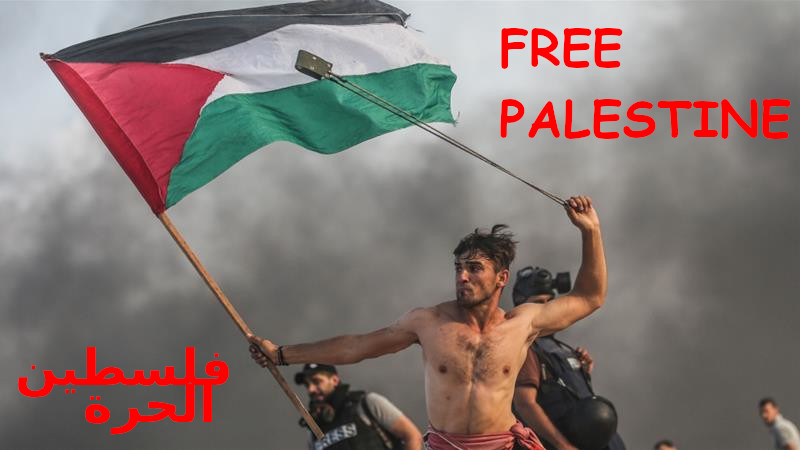The humanitarian crisis in Gaza has reached catastrophic levels, with Israel imposing a complete blockade that has prevented all aid, including food, water, and medicine, from entering for over three weeks as of March 28, 2025. This deliberate and state-sponsored deprivation has caused mass suffering, with the UNRWA reporting hunger, lack of medicine, soaring prices, and increased disease risk. The blockade, combined with relentless violence—over 500 civilian deaths in a single day last week, the deadliest in 1.5 years—has decimated Gaza’s population, potentially reducing it from 2.2 million to 1.7 million, as suggested by former President Trump’s statement. This 500,000-person decline, far exceeding the official death toll of 48,297, indicates a massive loss of life due to starvation, dehydration, disease, and violence, exacerbated by Gaza’s chronic malnutrition from repeated sieges, leaving the population with no reserves to withstand further deprivation.
Israel’s actions violate numerous international laws, including the prohibition on starvation as a method of warfare (Article 54 of Additional Protocol I), the targeting of civilians and humanitarian workers (173 UNRWA staff killed, a WCK staff member killed on March 27, 2025), and the infliction of conditions leading to extermination, a crime against humanity under Article 7 of the Rome Statute. The ICC arrest warrants for Netanyahu and Gallant confirm these violations, yet Israel continues with impunity, enabled by the US veto in the UNSC, which has blocked resolutions for humanitarian pauses and ceasefires, shielding Israel from consequences. This systemic failure has led to widespread condemnation, with both Israel and the US increasingly viewed as pariah states for their roles in perpetuating the crisis.
The blockade’s impact is tantamount to extermination, as it deliberately deprives a malnourished population of sustenance, leading to mass death. Gazans, already weakened by years of sieges, cannot survive prolonged starvation—many likely succumb within weeks, not months, due to depleted reserves and lack of water. The international community’s failure to act, despite the crisis unfolding in broad daylight, violates the Responsibility to Protect (R2P) doctrine, which mandates intervention to prevent war crimes and crimes against humanity. The US veto has paralyzed the UNSC, but UNGA Resolution 377 ("Uniting for Peace") offers a pathway to bypass this obstruction, allowing the General Assembly to authorize collective action, including the use of force, when the UNSC fails to maintain international peace and security.
Advocating for Resolution 377 is critical to address this crisis. The UNGA must immediately convene an emergency session to invoke Resolution 377 and authorize a military-escorted aid convoy to break the blockade and deliver life-saving food, water, and medicine to Gaza’s 1.7 million remaining residents. This operation requires a coalition of willing states—potentially Turkey, Egypt, or Qatar—to provide troops, with a mandate to use defensive force to ensure aid delivery, adhering to IHL principles of proportionality and distinction. The convoy could enter via the Rafah or Erez crossings, though Israeli resistance is likely, given the ICC warrants and Israel’s defiant stance.
The urgency cannot be overstated: every day without aid results in more deaths, with the population’s extreme vulnerability accelerating the toll. While risks of escalation exist, potentially involving the US, Russia, and China, the scale of the crisis—potentially 500,000 deaths—demands action. The international community must also strengthen legal accountability through the ICC and ICJ, mobilize global solidarity via advocacy and boycotts, and support UNRWA to ensure readiness for aid distribution once access is restored. Invoking Resolution 377 and delivering aid with a military escort is the most immediate way to halt this extermination, uphold R2P, and save lives in Gaza, challenging the impunity enabled by the US veto and addressing the moral failure of the global order.
